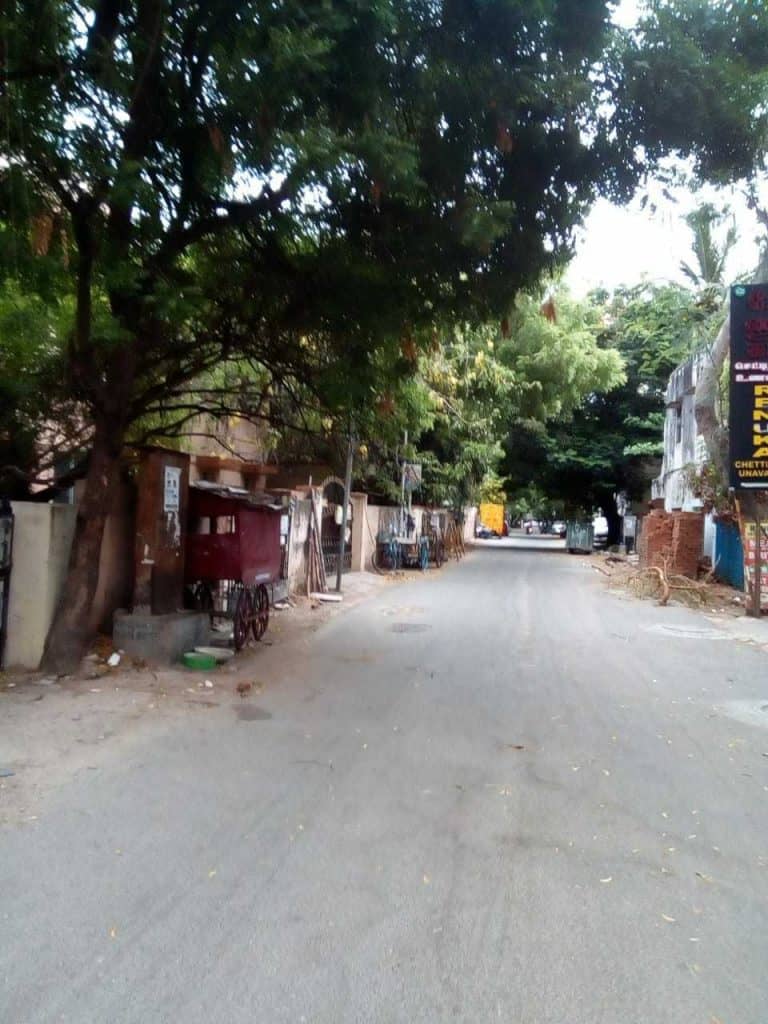And so, here we are, in yet another lockdown. The results are encouraging. The chain of transmission seems to be weakening, at least in Chennai, where the numbers have fallen precipitously. That is by itself a reason for commending the initiative. But what after the lockdown is lifted and we all go back to our normal activities to the extent possible? What happens when markets, shopping malls, places of entertainment, gyms, hair and beauty saloons, public transport and offices open up again? After all, they cannot be kept closed forever, can they? What then if the COVID numbers rise again? Will we have another lockdown? And then another? What is the permanent solution to be?
We need to accept that we did not have an option this time. Numbers were spiralling out of control and the frontline workers at hospitals and let us face it, crematoria as well, were facing enormous stress. Death touched practically every family and if a Delhi-like situation was to be avoided, we had to go into a lockdown mode. But what needs to be remembered here is that in February, we, as a city, were in an enviable position. From then, by our carelessness, we brought the second wave on ourselves.
Election campaigns with scant regard for safety apart, the populace of Chennai did not, and what is even more worrying, still does not, seem to think wearing of masks is at all necessary. When worn, they cover just about anything and everything other than the nose and mouth.
Read more: Why COVID makes it imperative to find a home for all: A tale from Perambur
Unavoidable truths
It is all very well to say that life has to go on even during a lockdown. But that luxury is not open to everyone. Not every business is one where working from home is an option. Not everybody lives in homes where every resident can go about their activities as they would in an office. Not everybody can afford to do e-shopping and order food and groceries for home deliveries. Not everyone can earn by staying at home. And continued doling out of largesse and provisions through the public distribution channels, while good in the short run, only causes overcrowding at those locations resulting in spread of the virus.
Stating airily that mobile units will deliver vegetables at the doorsteps is also just an empty claim. Most areas never saw even one such cart. Lastly, keeping shops and establishments open for a few hours or days before each lockdown is not a great solution either. Panic buying has always been the outcome. The fact is, cities and for that matter, any other habitation, are meant to be places where people can move about freely.
The only way out
The only option therefore available to the State Government is to pursue vaccinating the people at the fastest pace possible. There is a shortage of vaccines now. But that is not likely to persist forever. What then is needed in the short term is to create channels whereby vaccinations can be administered quickly as and when the availability improves. The Government must create a campaign on the lines of what was done for polio – harness all social organisations to conduct camps so that vaccines are made available at people’s doorsteps.
It also needs to begin communicating with people to make sure they understand the necessity of being vaccinated. At present there is enormous resistance at ground level in the city and the state. Rumours abound about after effects. The State Government must overcome this. It also needs to have in place certain deterrents for those who think they can avoid being vaccinated. What these can be are best left to the Government to come up with.
After all, when the Aadhaar card can be made mandatory despite the law stating that it is not so, vaccinations too can be insisted upon. In the long run, vaccinations are the only way out and the sooner we address that issue the better.
[This story was first published on Madras Musings. It has been republished with permission. The original article can be found here.]

Double masking correctly is as critical as vaccination and must be voluntary to avoid self defeating our families and economy.